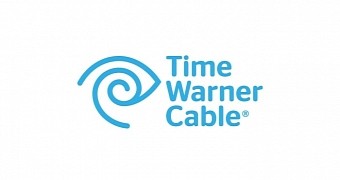In less than 11 days after net neutrality came into effect, there has been a complaint already filed with the Federal Communications Commission (FCC). The beneficiary of the prestigious milestone in the Web's history is Time Warner Cable (TWC).
The complaint was filed yesterday by Commercial Network Services (CNS), a small San Diego-based ISP that provides hosting services for companies around the globe.
"I am writing to initiate an informal complaint against Time Warner Cable (TWC) for violating the 'No Paid Prioritization' and 'No Throttling' sections of the new net neutrality rules [...] opting to exchange Internet traffic over higher latency (and often more congested) transit routes instead of directly to the edge provider over lower latency peering routes [...] unless a payment is made to TWC by the edge provider," says Barry Bahrami, Commercial Network Services CEO in his complaint.
The rest of the document then goes on to show how Time Warner has refused to peer (connect) his company's service with other local ISPs over a low-latency, high-speed connection, unless CNS contracted a "commercial transit arrangement" with TWC.
When this did not happen, Time Warner funneled CNS' traffic through a regular, much slower, high-latency connection.
Time Warner Cable has a valid point to make as well
Following their investigations, CNS CEO has moved to submit the aforementioned complaint to the FCC, which is only an informal one.
What this means is that CNS is only trying to give TWC a warning and give them another chance at properly peering them with other ISPs.
From statements given to The Register website by one of its representatives, TWC doesn't seem to care.
According to the company's legal representative, TWC has many fast peering connections with other US and international ISPs, but CNS doesn't qualify for such connections.
Apparently, there needs to be "a mutual exchange of value," meaning CNS traffic is way smaller when compared to TWC's, and Time Warner would only be doing the ISP a service while not gaining anything for itself.
Because of this, a "commercial transit arrangement" was required, which if you look at it makes sense.
There's a case to be made for both sides, and we'll have to wait for a formal complaint to be submitted before the FCC can start an official inquiry into the matter.

 14 DAY TRIAL //
14 DAY TRIAL //